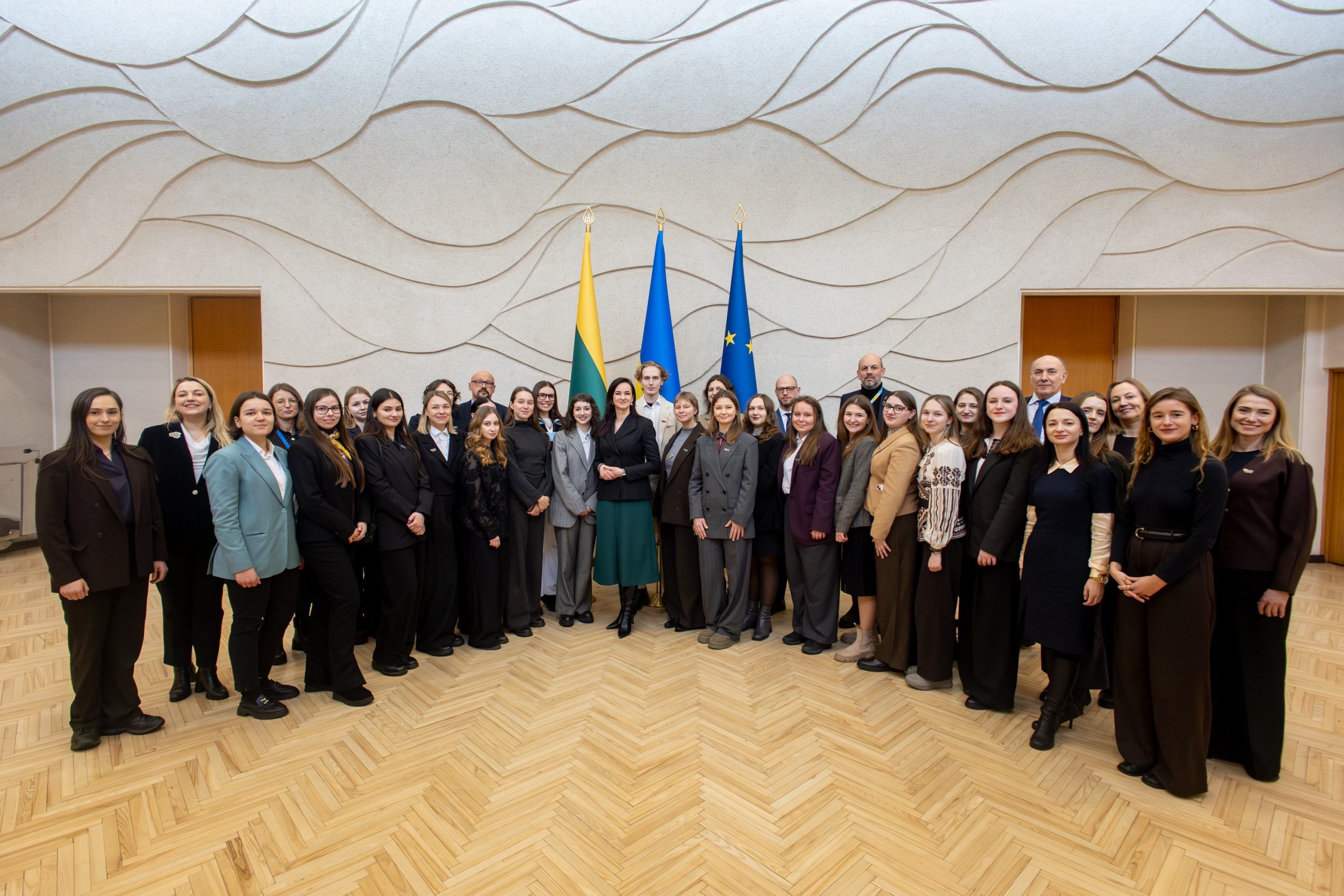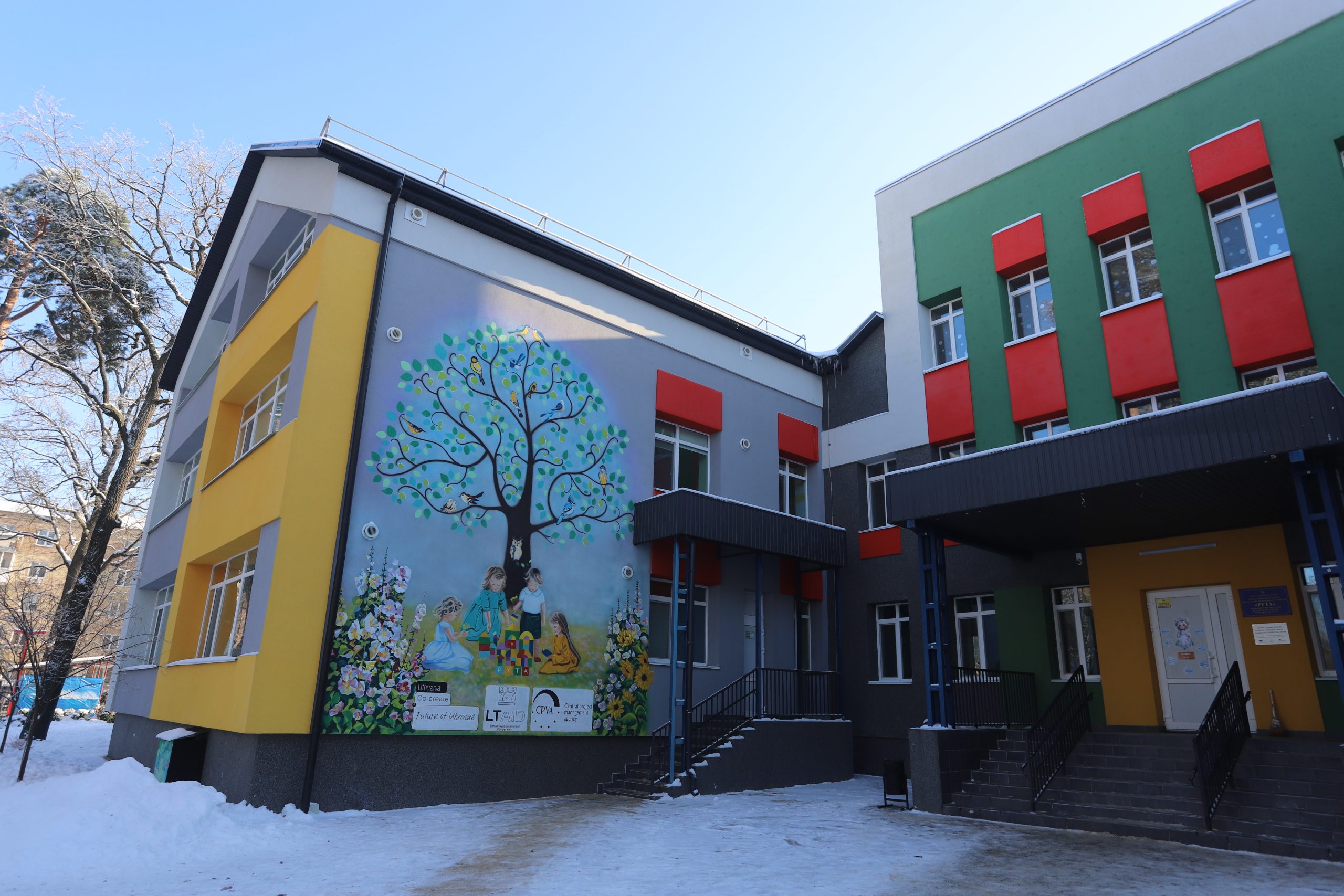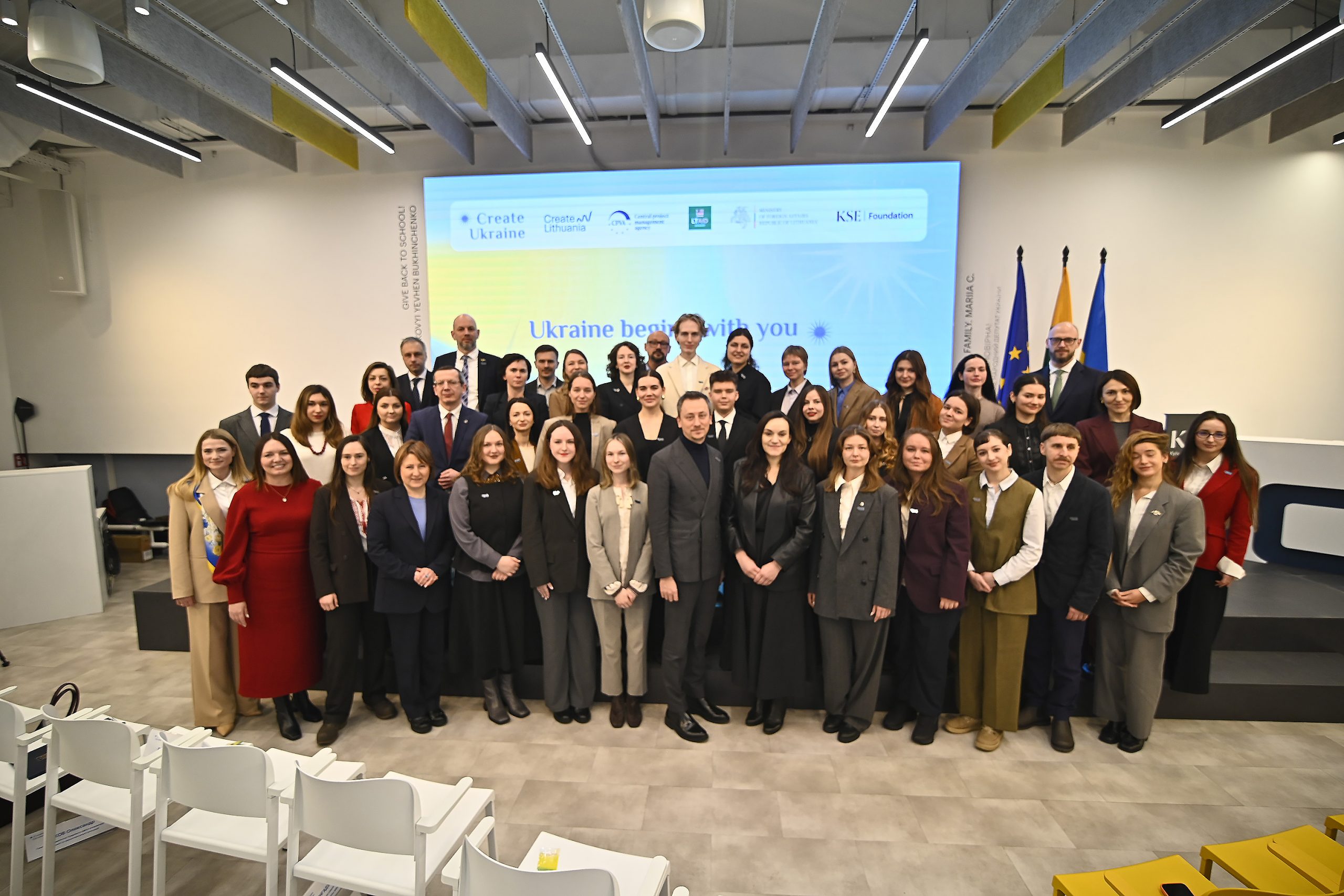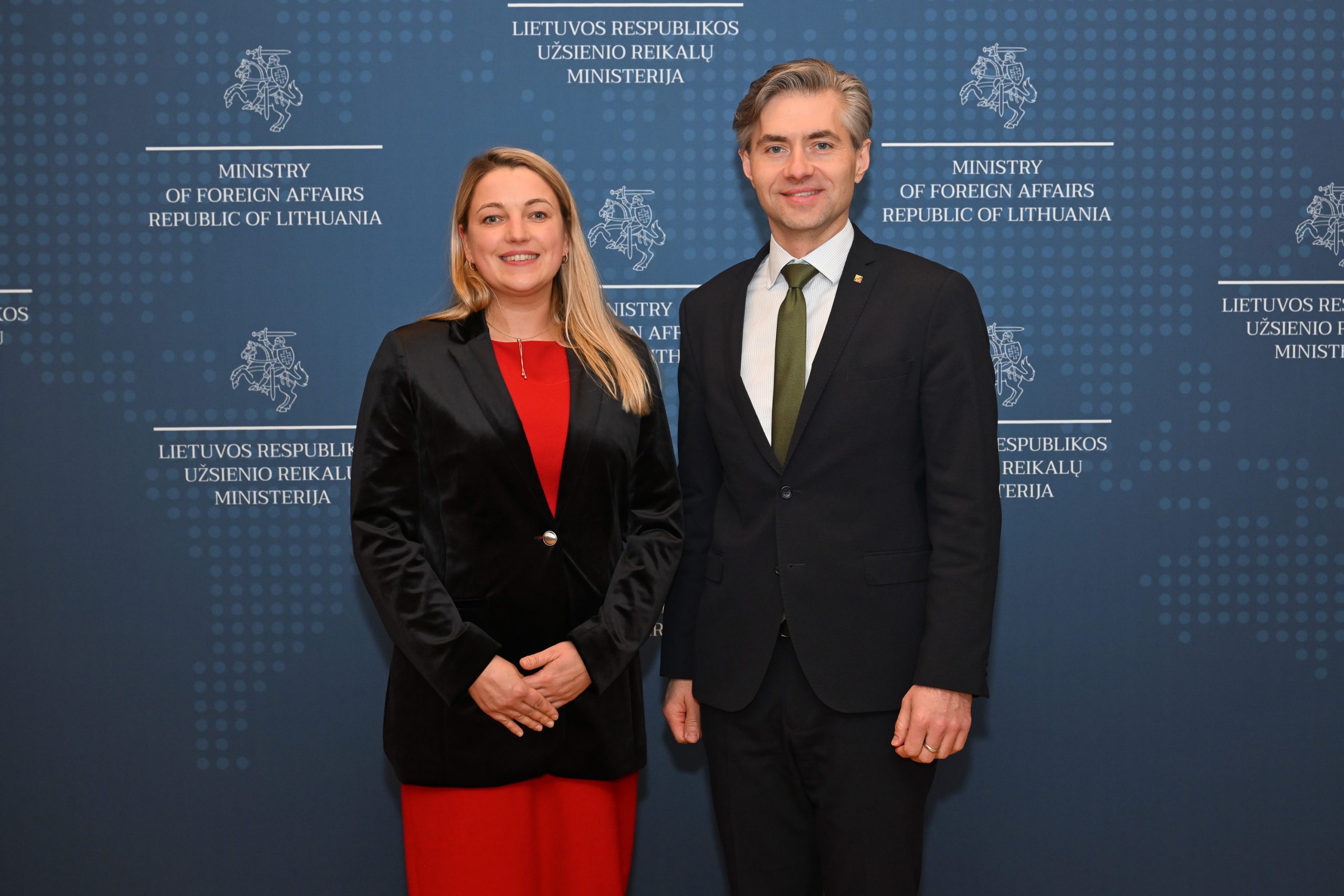In Lithuania, fast and reliable internet is taken for granted. Yet just a few thousand kilometers away in Central Asia, millions of people still live without meaningful access to the digital world. To help close this gap, Lithuania—together with France, Finland, Estonia, and Latvia—is implementing a joint initiative to support Central Asian countries in strengthening their digital infrastructure, improving data protection, and enhancing citizens’ digital skills.
To mark the 10th anniversary of the Sustainable Development Agenda, the Central Project Management Agency (CPVA) is sharing stories of change to highlight how Lithuanian knowledge and expertise contribute to positive change around the world—and to remind that lasting global change is only possible when we work together.
Regional context and challenges
Central Asia is a region of vast territories where internet access remains highly uneven. Major cities enjoy relatively good connectivity, but many rural communities remain disconnected.
Kazakhstan, for instance, is 42 times larger than Lithuania, yet its population is only eight times greater. Much of the country consists of sparsely populated steppes or remote mountain areas, making the development of traditional network infrastructure both difficult and expensive.
“Expanding traditional networks in such conditions is extremely complex and costly. Satellite internet could be a solution, but it remains expensive. Users also face challenges purchasing, maintaining, or replacing the necessary equipment. As a result, internet access outside capital cities is still very limited,” explains project lead expert Paulius Vaina.
The obstacles are not only geographic. Politically, the region lacks a common platform to coordinate efforts, despite all five countries being members of international organizations.
“Each country pursues global best practices on its own—and often does so successfully—but the overall approach remains fragmented. There is no clear direction or shared framework. In Europe, we have common principles, laws, and standards that ensure coherence. In Central Asia, countries rely on isolated experiences, but a common system is missing,” Vaina adds.
Importance of Connections
According to Vaina, the lack of a regional platform also means that these countries are more dependent on existing external connections.
“Currently, the Central Asian countries have network connections with their major neighbours – Russia and China – but there is no infrastructure linking them directly to Europe. The problem is that the region is essentially ‘landlocked’ – only Kazakhstan and Turkmenistan have access to the sea, and Turkmenistan is quite closed and isolated. This means that laying cables to Europe requires negotiations with other countries, which makes the process more complex and time-consuming. As a result, digital development in the region is slowed, and dependence on existing connections remains high,” he stresses.
Such dependence carries significant risks. “These countries often face information restrictions, not always by choice. For example, if certain information is restricted in Russia, the consequences are felt by people across Central Asia. This project will support these countries in finding solutions to diversify their internet supply sources,” explains Ieva Šalaševičienė, Senior Project Manager at CPVA’s International Development Cooperation Department.
Regulatory gaps
Launched in January, the project’s experts are currently engaging with institutions in all five countries responsible for digitalization. The European team is addressing four key areas of development: ICT policy and data protection, digital skills and access, innovation, and cybersecurity.
Lithuania has a particularly important role, leading on ICT policy and regulation. Lithuanian experts are helping partner countries draft legislation that ensures transparency, fairness, and competition in the digitalization process.
“We see persistent problems in the so-called ‘last mile’ infrastructure—residents in remote areas often cannot access the internet at all. Markets are dominated by a few operators, which makes services expensive and frequently unreliable,” says Šalaševičienė.
Vaina notes that progress could be made by defining smaller markets, identifying dominant operators, and requiring them to provide fair access to competitors. Yet such regulatory mechanisms are still lacking.
“The challenge is that governments themselves are often shareholders in telecom companies. This dual role—as both regulators and business partners—makes ensuring transparency far more difficult,” he explains.
To help address this, Lithuania will organize study visits and conferences, sharing its own regulatory experience and practical solutions. In-depth analyses have already been completed in Kazakhstan, Kyrgyzstan, and Uzbekistan to identify specific challenges and possible pathways forward.
Building digital literacy
Another important focus of the project is strengthening digital literacy. Pilot classrooms will be established in three countries, providing internet access, computers, and training opportunities. Special attention will be given to women, whose digital skills are often less developed.
“The more digitally literate people are, the greater the economic opportunities—for individuals and for society as a whole,” says Šalaševičienė.
The project will also promote innovation and enhance cybersecurity. Central Asian countries are increasingly interested in artificial intelligence, but as Vaina emphasizes, infrastructure is the essential first step.
“Without stable networks and data centers, AI cannot function. If people lack access or equipment, AI strategies remain only words on paper. That’s why we offer to help countries prepare AI strategies, but our first priority is building the foundations,” he stresses.
The initiative is coordinated by the French international development agency Expertise France. The total budget is €20 million, with approximately €3.2 million allocated to Lithuania. Lithuanian activities are implemented by CPVA in partnership with the Communications Regulatory Authority (RRT).
The project will run for four years, contributing to Central Asia’s digital development and drawing on the expertise of Lithuania and its European partners.








